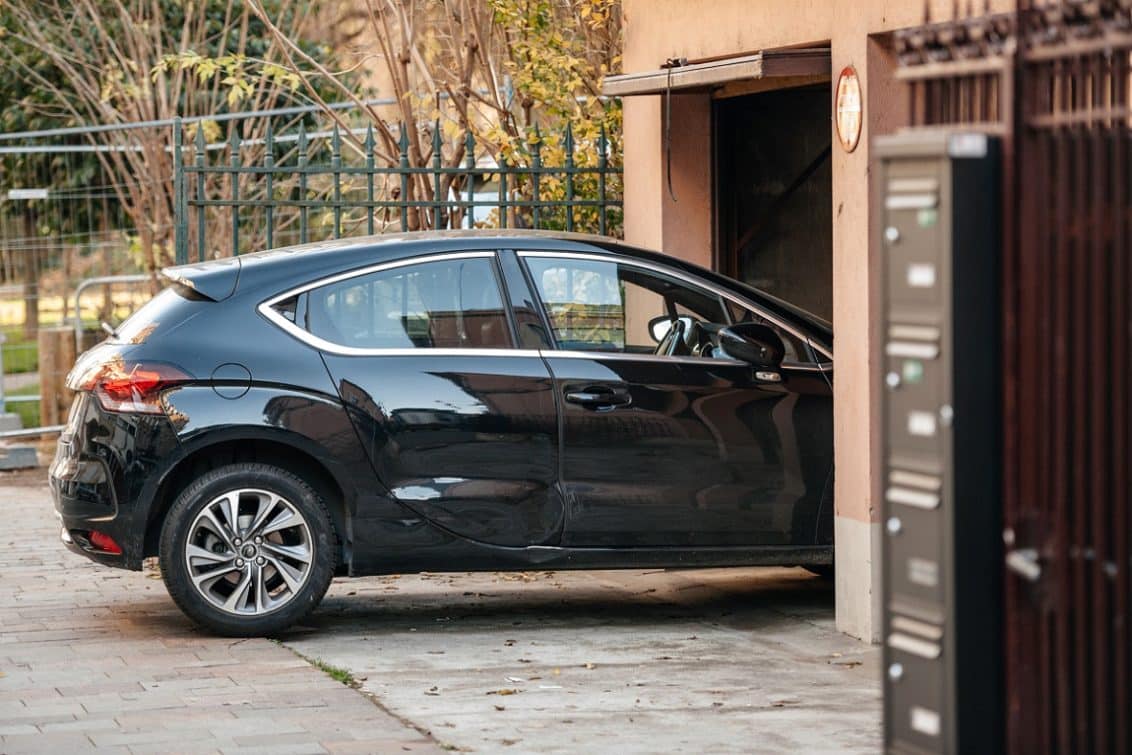In most parts of the country, having a car is necessary for day-to-day activities such as getting to work and school, accessing healthcare and daycare, and shopping for necessities. As a result, the notion that people can choose to live “car-free” is mainly false. Households without automobiles, for example, have lower wages, whereas possessing a car boosts people’s chances of finding work. People’s reliance on automobiles may be traced back to a series of federal, state, and local policy decisions that promote autos as a form of mobility in the United States. As a result of this fact, nearly 85 percent of American families own at least one car.
Covid has impacted a lot of households and proved the importance of having your own vehicle in case of medical emergencies because in a time of need you possibly can’t wait for an ambulance to come. In most cases, people tend to go for an auto loan which is a good deal because you don’t have to pay the whole amount at once. But you need to plan your finances ahead when you choose to borrow any type of loan. Covid has taught us the value of financial planning and before applying for a loan you should consider the following aspects carefully; payable interest rate, monthly EMI’s, Backup Plan, and emergency funds.
if you’re planning to buy a new car/vehicle then planning for a loan ahead of time can save you money, time, and stress. Making decisions early allows you to consider your options and help you in making the best judgments possible.
Online calculators are super helpful and easy to use, you can use an online Car EMI Calculator such as CarPaymentCalculator.net to calculate your auto loan and break down the monthly installments and interest that you would need to pay throughout the whole tenure. According to CFPB research, the average subprime vehicle loan interest rate ranges from around 9% to 20% yearly, depending on the type of lender.
What factors should I consider when determining how much I can afford to borrow for a vehicle loan? check out the list below:
1: Consider Family Needs First
When shopping, think about how the vehicle will fit into your future goals. For example, if you are engaged or going to have a baby soon, the needs of a new baby or your new partner should play a role in your vehicle selection. For a family with children who need to be shuttled to and from school and activities, a minivan or SUV may be the best option.
Buyers should think about what their lives will be like in the following year or two. If they plan to start a family during that time, they should consider getting a car that is suitable for a family.
2: 6 Months EMI Reserved
We all know the negatives we can face with loans during the pandemic situation, low income families have faced financial problems massively and wouldn’t want to consider taking any loans for similar reasons. But planning your finances ahead of time can prove to be a life-changing habit and blessing of GOD.
You always need to reserve at least 4-6 months of EMI, not only for a car loan but for any loan you have. We can possibly never know when our employer decides to terminate us or maybe decrease our paycheck due to any random reason. Unexpected illness can force you to take a break from your job, you never know.
3: Emergency Funds
An important lesson taught by Pandemic is, Life is unpredictable. We should always expect unexpected costs is medical bills, job loss, family functions, and so on. Without having saved up at least 6 months of expenses your financial planning can’t be completed. You may invest the money into short-term financial investments that are easy to liquidate, such as bank FDs and mutual funds.



